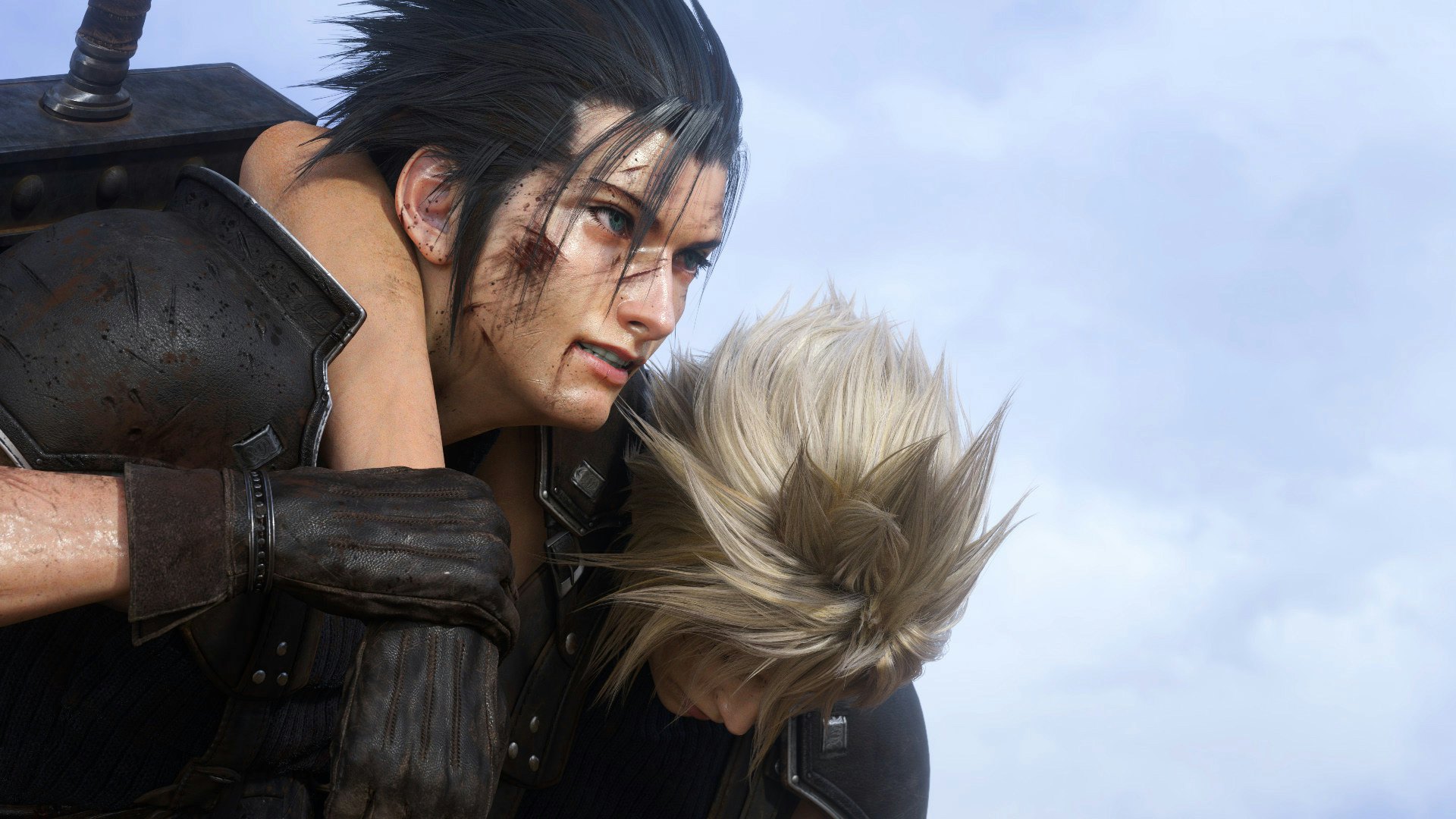
Final Fantasy VII is one of the most renowned stories in all of gaming, and Crisis Core Reunion brings a fascinating new dimension to the overall narrative of the franchise, delving further into characters like Zack, Cloud, and Aerith. Crisis Core serves as a direct prequel to both FF7, but ever since the release of Final Fantasy VII Remake, the timeline — or timelines? — have gotten a bit muddled. Even though the original Crisis Core was released in 2007, it’s clear the game’s story will have some major influences on Final Fantasy VII Rebirth. In order to unravel just what might be coming in FF7’s future, we’ll break down the ending of Crisis Core Reunion.
Who is the Goddess Minerva?
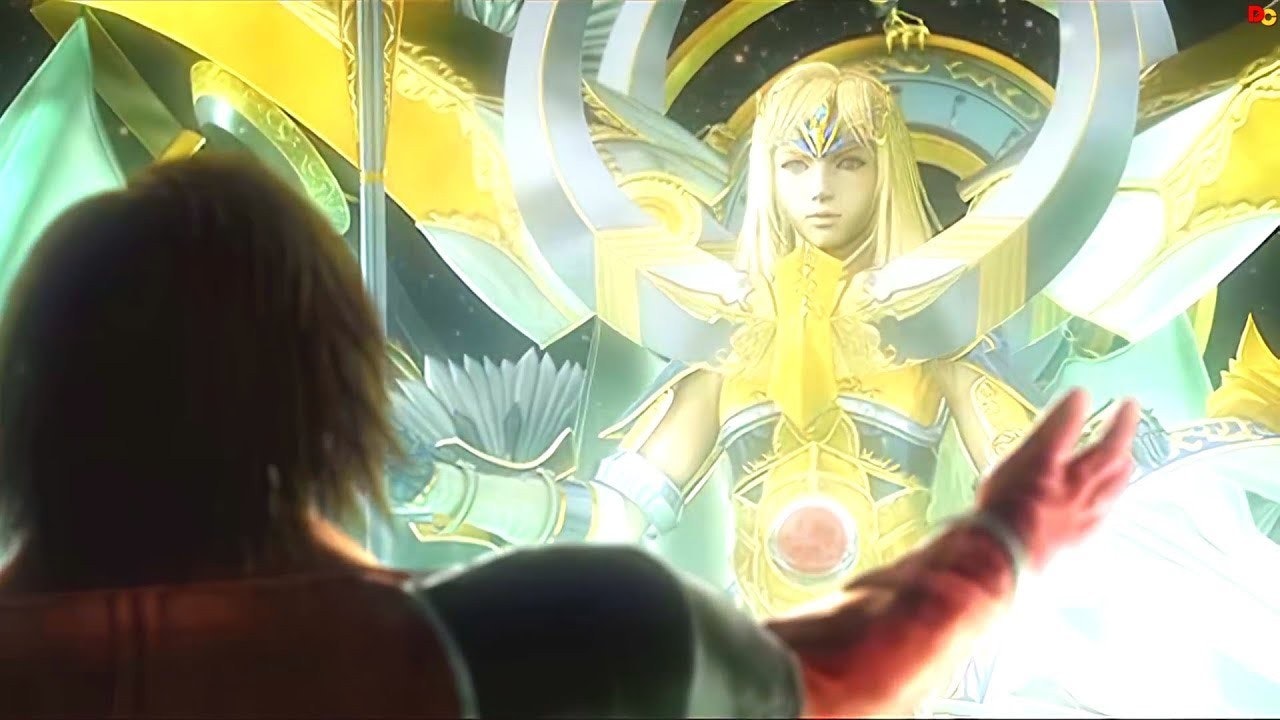
After being experimented on for four years in the laboratories of Nibelheim, Zack breaks himself and Cloud out and escapes Shinra. En route to Midgar, Zack learns that Genesis is entering the final phase of his plan, and so he goes to the ruin of Banora in order to stop it.
What’s interesting here is that we see the final step of Genesis’ story, and how it reflects the planet’s own struggle to survive. His degradation is a direct result of Shinra killing the planet by harvesting Mako. In an odd way of bringing things full circle, Genesis believes that by recreating the epic play LOVELESS, he can discover the goddess and receive her gift, thereby curing his degradation.
While exploring the ruins of Banora, Zack travels through an abandoned Shinra facility where heinous experiments were performed, before coming face-to-face with Genesis. At this point, a baffling scene plays out where Genesis summons an entity called Minerva and gains seemingly god-like powers.
While Crisis Core never explicitly states what Minerva is, she seems to be some kind of physical manifestation of the Lifestream, the spirit energy that runs throughout the planet. The Lifestream has played a central role in every step of FF7’s story, stopping the Meteor at the end of the original game, and helping cure Geostigma in Advent Children.
Even though the Lifestream is a spiritual force, it has been shown to have some kind of sentience, and Minerva is essentially that brought to a head, a way for the Lifestream to execute its will. This makes her similar to a Summon creature, but it’s not clear how Minerva fits into the overall series, or if she could appear again.
What happens to Genesis at the end of Crisis Core?
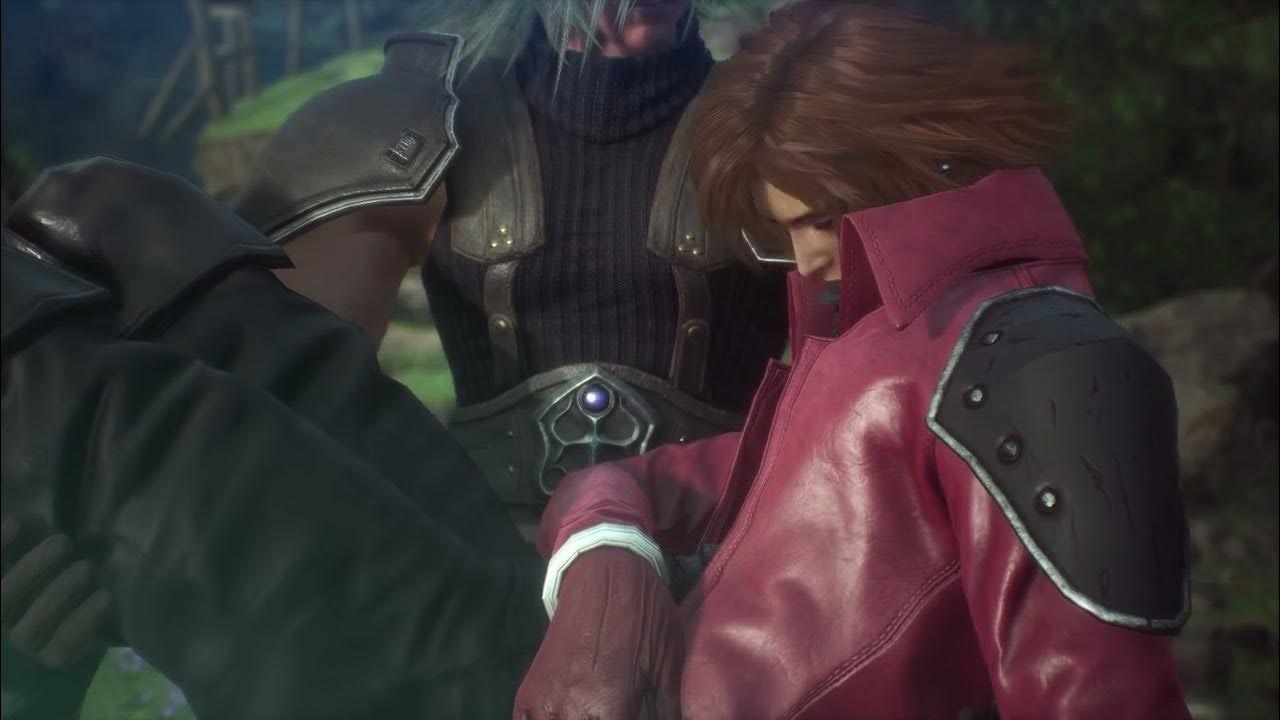
After defeating Genesis, Zack drags his body out of the caverns below Banora and props Genesis up alongside Cloud and Lazard. Zack shares a Dumbapple with his fallen comrades and has a final conversation with Genesis, who isn’t actually dead. At this point, Zack finds out he and Cloud have been asleep for four years, and he decides he needs to go find Aerith in Midgar. Zack grabs Cloud's comatose body and tells Genesis, “You’re gonna make it too. You got that?”
As the duo heads off, we see a Shinra helicopter land, and two mysterious soldiers pick up Genesis’ body. This is actually the most important scene of the entire ending, as these two figures are Weiss the Immaculate and Nero the Sable, of Deepground. There’s a lot of lore to pack in here, but Deepground is a top-secret experiment by Shinra to create the ultimate warriors, and they reside below the Sector 0 reactor. Deepground serves as the main villain of Dirge of Cerberus, a PS2 spinoff starring Vincent Valentine that takes place after the events of Advent Children.
What’s really interesting here is that the Intergrade DLC for FF7 Remake introduced Deepground into the main canon, as Yuffie fights Nero at the end of the DLC. A secret scene at the end of Dirge of Cerberus shows Genesis alive and well, ready to hatch a new plan. That ending was never explored further, but now that Genesis is alive and FF7 Remake is launching into a new timeline, it’s possible the villain could be more important than ever before.
Does Zack die at the end of Crisis Core Reunion?
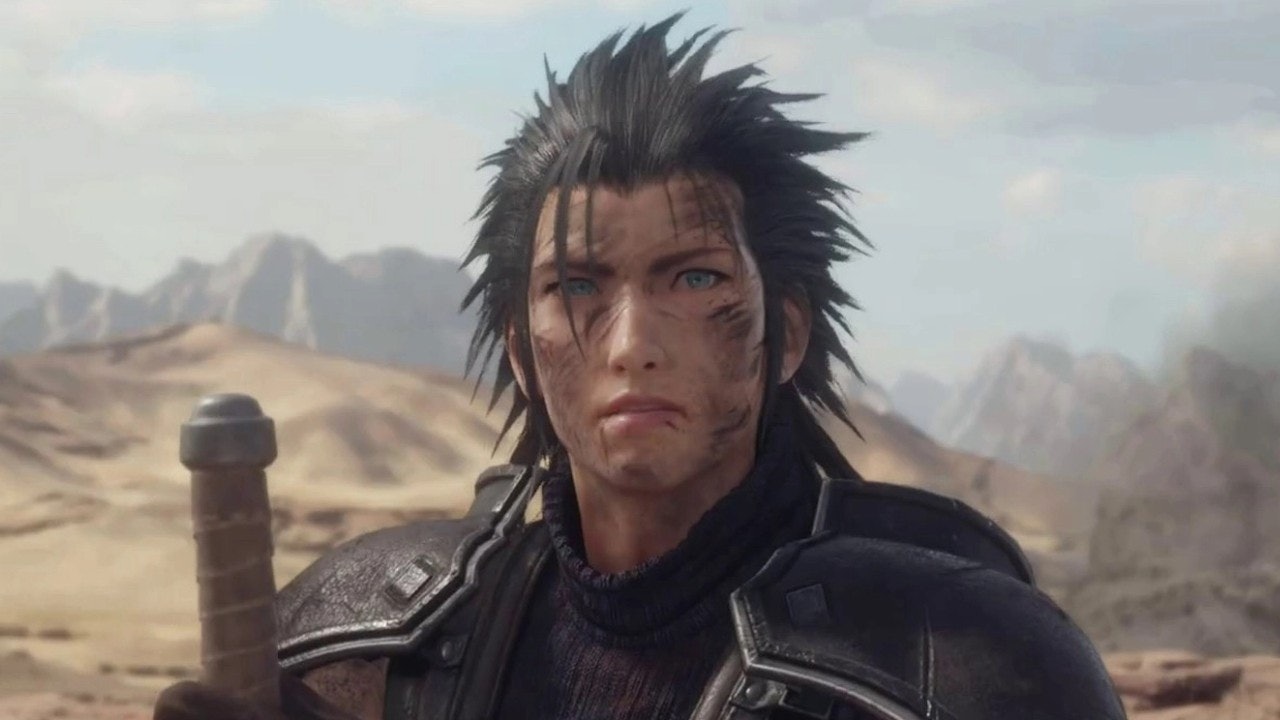
Anyone that’s played the original FF7 will know that Crisis Core is a tragedy, with one of the most emotionally harrowing endings of the series. On their way to Midgar, Zack and Cloud run smack-bad into an entire battalion of Shinra troops. The Turks, under orders from Rufus, are also looking for Zack to try and save him, with Cissnei, Reno, and Rude all combing the area around Midgar.
Unfortunately, the Turks are unsuccessful and Zack is killed in action while he tries to fight off thousands of Shinra troops. Broken and bloody, Zack has a final moment with Cloud after he wakes from Mako poisoning, telling the young man that he’s now Zack’s living legacy. The trauma of this event, combined with the Mako poisoning, triggers a kind of amnesia in Cloud, and it somehow causes him to take on the persona of Zack.
A final scene shows Aerith on the upper plate of Midgar before zooming out to Cloud on the train, signaling the start of FF7.
How will Crisis Core tie into FF7 Rebirth?
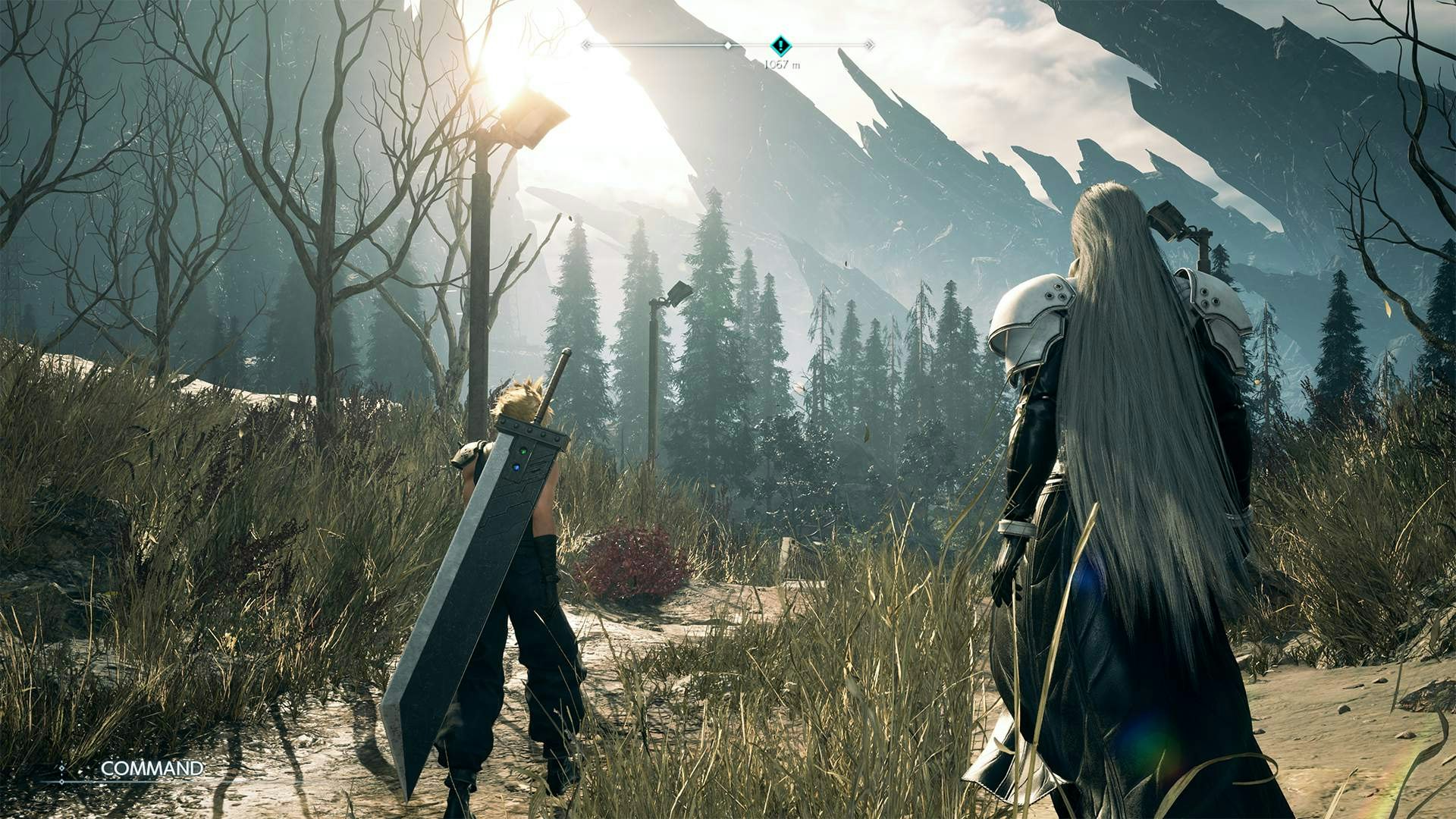
Crisis Core Reunion’s story is completely unchanged from the original PSP game in 2007, but it’s clear that there are a lot of connotations to what we might see in FF7 Rebirth. The team behind FF7 clearly wants people to be familiar with Crisis Core’s story and characters. Producer Yoshinori Kitase expanded on this in an interview with Inverse earlier this year.
“For people who have played Final Fantasy VII Remake, and then seen the trailer for Rebirth this time around, they may have felt like something is a little bit off compared to what they knew of the original Final Fantasy VII storyline. Like, something is not exactly how I remember it,” Kitase said. “That mystery is something that is going to become more interesting if the entire series is played. If Crisis Core Reunion is played in between Final Fantasy VII Remake and Rebirth, it would really enhance everyone's experience of just this entire Remake project.”
The final scene of Final Fantasy VII Remake: Intergrade suggests that events are now taking place in a different timeline, and we see Zack alive and well carrying Cloud into Midgar before going into Aerith’s church. Zack still clearly dies at the end of Crisis Core Reunion, but by defeating the Whispers, it’s possible the party of FF7 Remake has split open the timeline to all kinds of changes.
There’s a running theory that FF7 Remake is actually a sequel to the original timeline, taking place after everything, including Advent Children and Dirge of Cerberus. Somehow, Aerith and Sephiroth seem to have traveled back in time, or at least they’re aware of the events that are going to happen. With all this in mind, as well as Crisis Core’s story, there are a few things we can expect:
- Zack will be alive in some way, whether it’s in a separate timeline or the same timeline as FF7 Remake and Rebirth.
- Deepground will play a more important role in FF7 Rebirth, and because of that, it’s highly likely Genesis will reappear.
- Sephiroth has a close relationship with both Genesis and Zack, meaning he could try to manipulate the two in some way.
- Zack’s close relationship with the Turks will likely come into play, considering the expanded role they seem to be playing in the Remake project.
- The Lifestream will continue to play an important role, which could mean Minerva pops up again.
There are still dozens of question marks about FF7 Rebirth, and with the likes of Tetsuya Nomura and Kazushige Nojima at the helm, the story could really go anywhere. At the very least, though, some fan-favorite characters are about to get a comeback.







